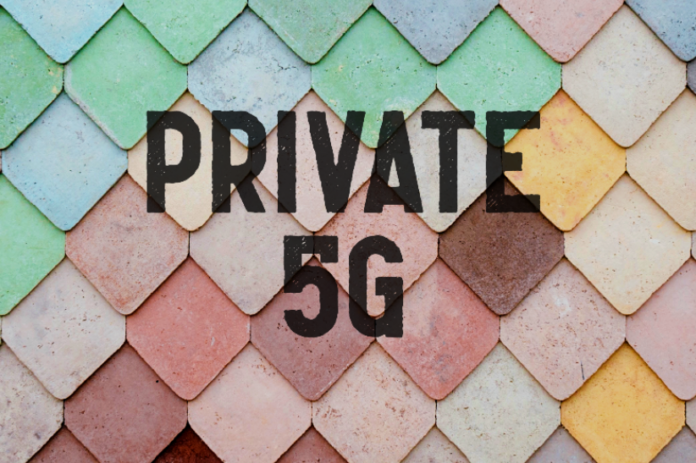MFA offers a number of resources for enterprises that are considering to deploy a private network
MFA, the alliance for private networks, is championing the global industry adoption of private networks in any available spectrum. Via real-life private network deployments in healthcare and industrial sites, Caroline Chan, VP and GM of the 5G Infrastructure Division within the Network Platform Group of Intel and MFA representative, provided insight into MFA’s resources and tools for enterprises to deploy their own private networks during a session at RCR Wireless News’ Private Networks Global Forum.
Chan noted that MFA offers a number of resources for enterprises that are considering to deploy a private network. ”We give companies the tools that make it easier for them to optimize and to build out an optimized and reliable network,” the executive said.
Chan said that MFA is enabling the ecosystem with its Uni5G technology blueprints, global PLMN-ID access and spectrum availability tracking, adding that MFA educates enterprises at a global level with private networks deployment tools and tracking available spectrum options.
The executive also said that MFA’s Uni5G technology is designed for use with different vendors, enabling them to know which select features the companies’ devices need to implement for the successful deployment of a private network.
“The ITU has given MFA a unique global PLMN ID number, which authenticates devices to have access to private networks. With access to this number, enterprises can readily deploy their own private networks in locally licensed spectrum,” Chan said. “So we allow the verticals to get their private network up and running relatively quickly. Otherwise, companies will have to go through a lot of process to get that ID. This process really takes a lot of pain out of process of building your own private network,” she added.
Commenting on the deployment of private networks in industrial settings, Chan noted that this sector is among the first adopters of private networks, because it offers benefits for workers in terms of safety but also enable connected operations at plants.
In terms of safety, private networks enable human detection, baseline deviations, keep-out zooning as well as on-premise worker safety, Chan said.
Private networks also enable real-time inventory management, connected warehouse management system, predictive supply chain solutions and connected workers, the executive added.
“So we definitely see industrial being one of the early adopters of private networks. And in fact, if you are bound to some that industry trade shows, you cannot ignore the fact that there’s a lot of conversation around the connected world,” Chan added.
Meanwhile, in the healthcare vertical, Chan stated that the deployment of private networks enables the remote monitoring of patients, which frees medical staff and beds at hospitals.
Also, through the use of devices and edge AI for real-time alerts, clinicians can remotely monitor and analyze patient’s conditions, Chan said, adding that private networks also enable the continuous monitoring for transfer patients, sharing real-time information about health conditions.

